Welcome to the Early Years Foundation Stage (EYFS)
Our Early Years Foundation Stage is the starting point of a child’s journey in school. Children in our setting range from the age of three up to five. This section of the website will share the curriculum (the planned learning) for children in our Nursery and Reception classes. We hope that you find this information helpful. Please see the admissions section for details on applying for a nursery/ school place or the new starters section for useful information.
Kind regards, Miss Hill (EYFS Leader)
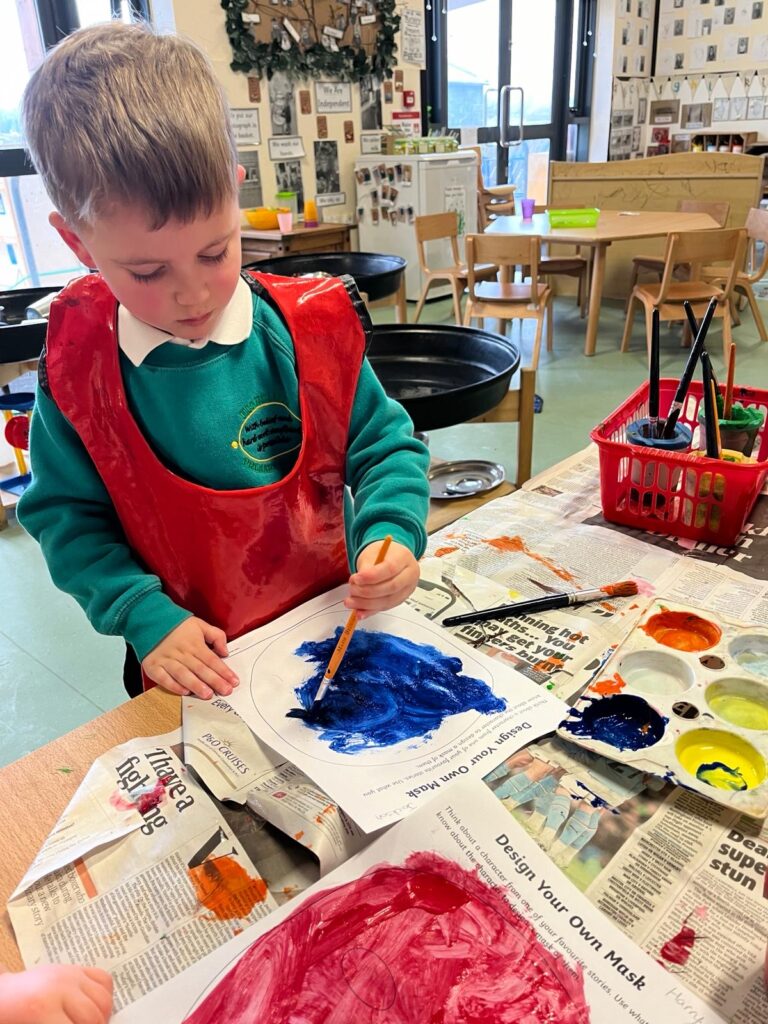
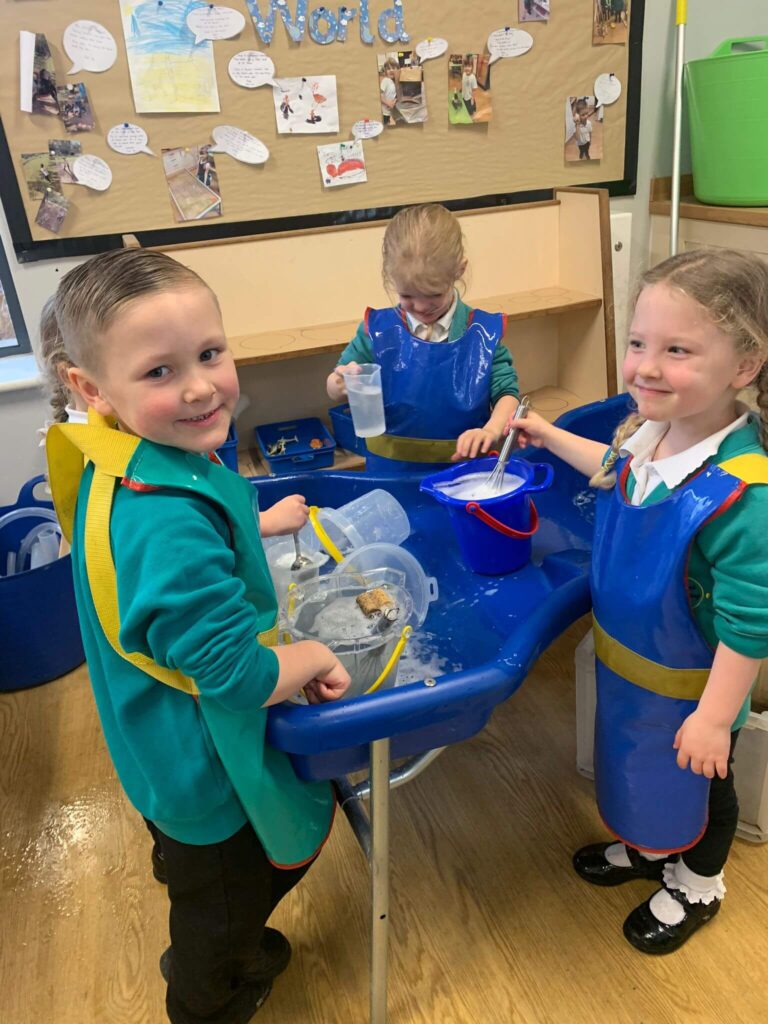
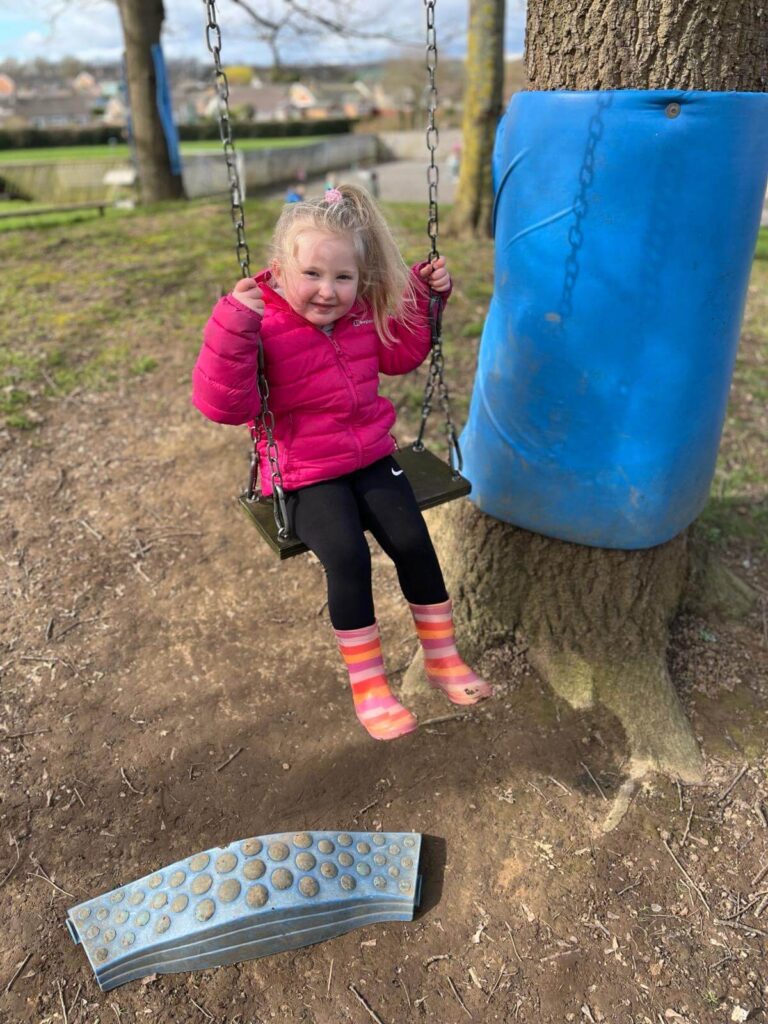
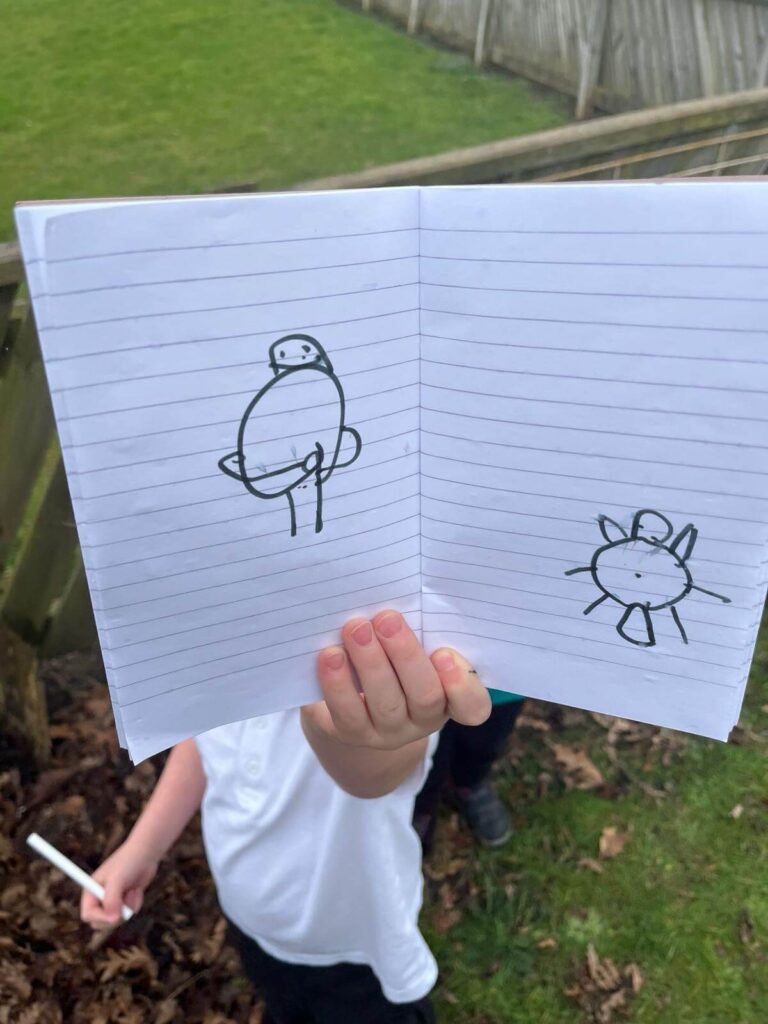
Ethos and Vision
‘Every child deserves the best possible start in life and the support that enables them to fulfil their potential. Children develop quickly in the early years and a child’s experiences between birth and age five have a major impact on their future life chances. A secure, safe and happy childhood is important in its own right. Good parenting and high-quality early learning together provide the foundation children need to make the most of their abilities and talents as they grow up.’
(Statutory framework for the early years foundation stage. 2021)
Early childhood is the foundation on which children build the rest of their lives. Our ethos is that, with belief and hard work, anything is possible – this is also our school motto.
Our School Values, the 3R’s underpin everything we do and are introduced to our families from the moment we meet them.
Respect
We help our children to: respect themselves and others; develop a positive self-image; learn about relationships and the importance of friendships; learn to share; take turns; play fairly; develop an understanding of what is right, what is wrong, and why; care for others and respect their feelings, culture and beliefs.
Resilience
We foster resilience in our children by providing them with materials, resources, motivation and support they need. We support stable and positive relationships between our children and their families and other adults within the community. We are fostering self-regulation skills that enable children to direct their attention, manage emotions, keep track of rules, inhibit their impulses, and control their behaviour in other adaptive ways.
Responsibility
Children often feel empowered when they are given a small responsibility and take their role very seriously. This leads to children with increased confidence, maturity and self-esteem – all of which are important in creating active learners and supporting development in all areas of the EYFS.
The aims of the Early Foundation Stage at Highcliffe Primary School are:
- To provide children with access to a broad and balanced high-quality curriculum in line with the Early Years Foundation Guidance;
- To recognise that the Foundation Stage is critical in a child’s physical, intellectual, emotional and social development;
- To support children to make a planned confident transition from home to school;
- To plan learning experiences that meet the individual needs and interests of the children through a balanced provision of adult led and child initiated opportunities;
- To provide quality and consistent teaching and learning opportunities so that every child can become competent and confident learners and enable them to reach their full potential;
- To work closely with parents and other care providers in an atmosphere of mutual respect;
- To include all children, irrespective of ability, gender, ethnic, religious, cultural or social background or special educational needs.
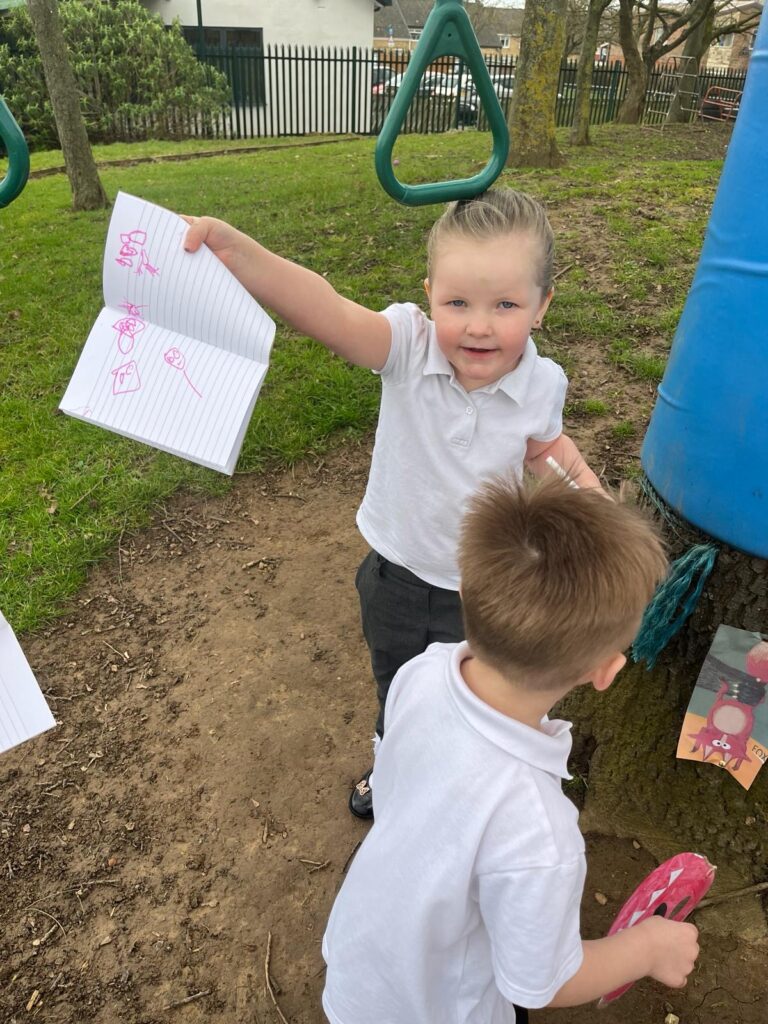
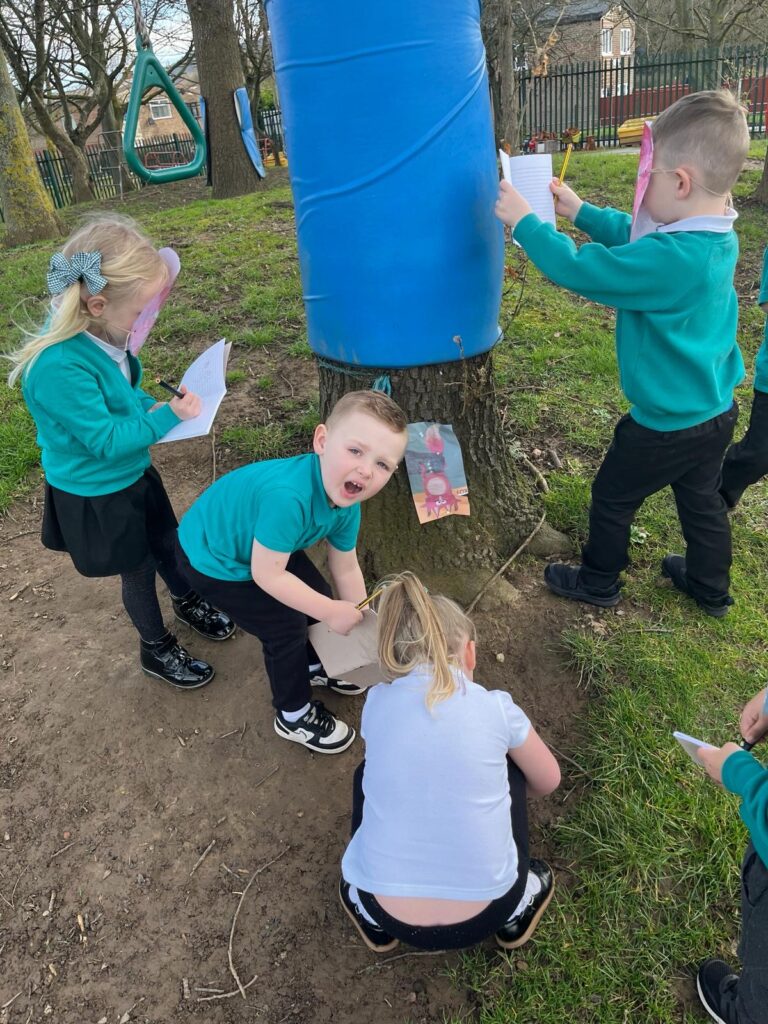
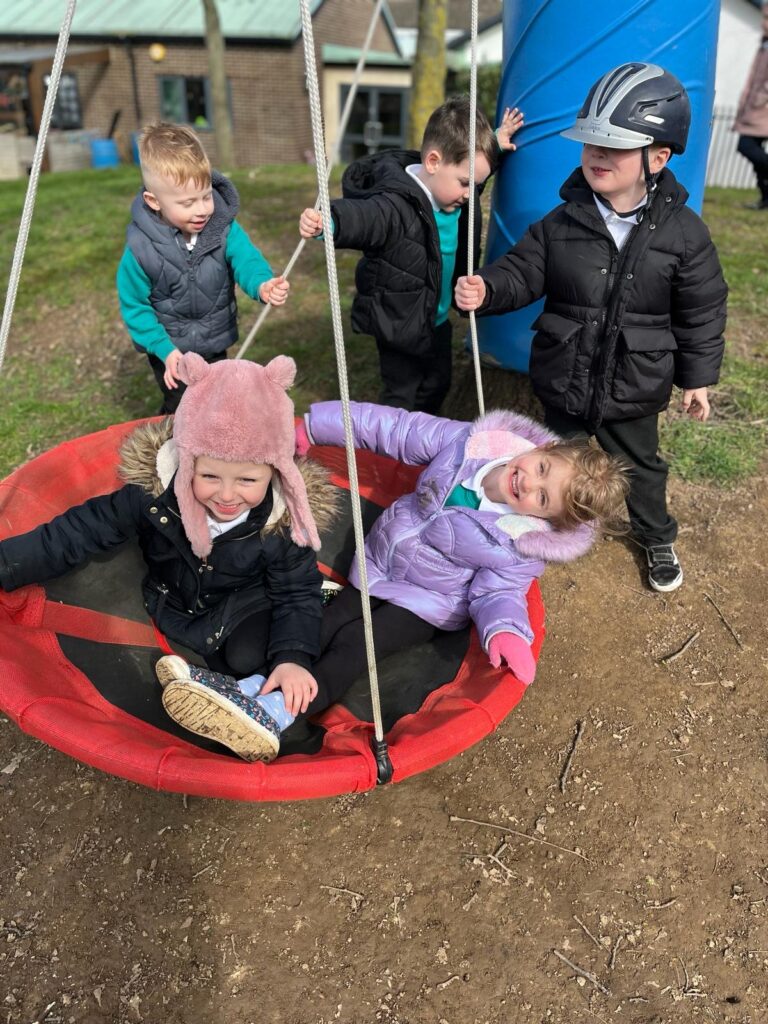

Early Years Foundation Stage
Early Years education focuses on seven areas of learning – these are equally important and inter-connected.
However, three areas known as the prime areas are seen as particularly important for igniting curiosity and enthusiasm for learning, and for building children’s capacity to learn, form relationships and thrive.
The prime areas of learning are…
- CL Communication and Language
- PD Physical Development
- PSED Personal Social and Emotional development
The specific areas of learning are…
- L Literacy
- M Mathematics
- EAD Expressive Arts and Design
- UW Understanding the World
How we teach in EYFS
In EYFS children learn through a range of child-initiated play experiences and through adult directed activities both in and outdoors.
Children are supported to be active in their learning, develop resilience and critical thinking through first hand experiences.
We understand that books and storytelling experiences provide children with opportunities to develop listening, attention, imagination, language and creativity.
We have carefully developed our curriculum around a range of quality reading texts, both fiction and non-fiction to scaffold learning.
Alongside this music, arts and physical activities ensure that children have opportunities to develop their knowledge and understanding of the world. This is key to children’s daily provision in the setting.
Our curriculum provides the cultural capital we know our pupils need so that they can gain the knowledge, skills and understanding they require for success. Wherever possible, we go into our community to visit the woodland, local farms, theatre and immediate community to help children enrich experiences outside the classroom.
Staff also consider the individual needs, interests, and development stage of each child in their care and use this information to plan challenging and enjoyable experiences. In planning and guiding children’s activities, practitioners reflect on the different ways that children learn and include these in their practice.
Reading is at the heart of our curriculum. Children follow the rigorous and highly successful Sounds Write program faithfully. We follow the White Rose Maths Scheme; this approach has an emphasis on studying key skills of number, calculation and shape so that pupils develop deep understanding and the acquisition of mathematical language. These schemes help us to ensure that learning is carefully managed and that children are well-prepared for the next phase of their learning by the end of the Reception year.
Parents and care givers are invited in to school regularly to take part in themed days and workshops. Working in partnership between home and school is a key focus for the Early Years team. Keeping families informed of planned learning and achievements is done through sharing of newsletters, reading diaries and parent consultations.
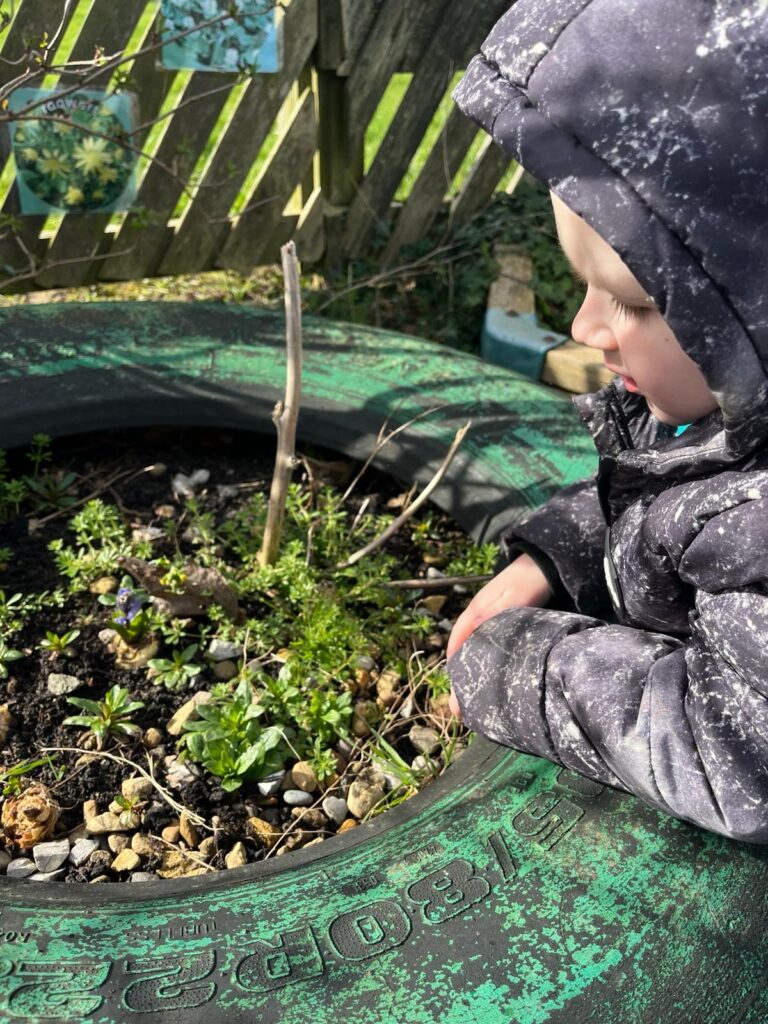
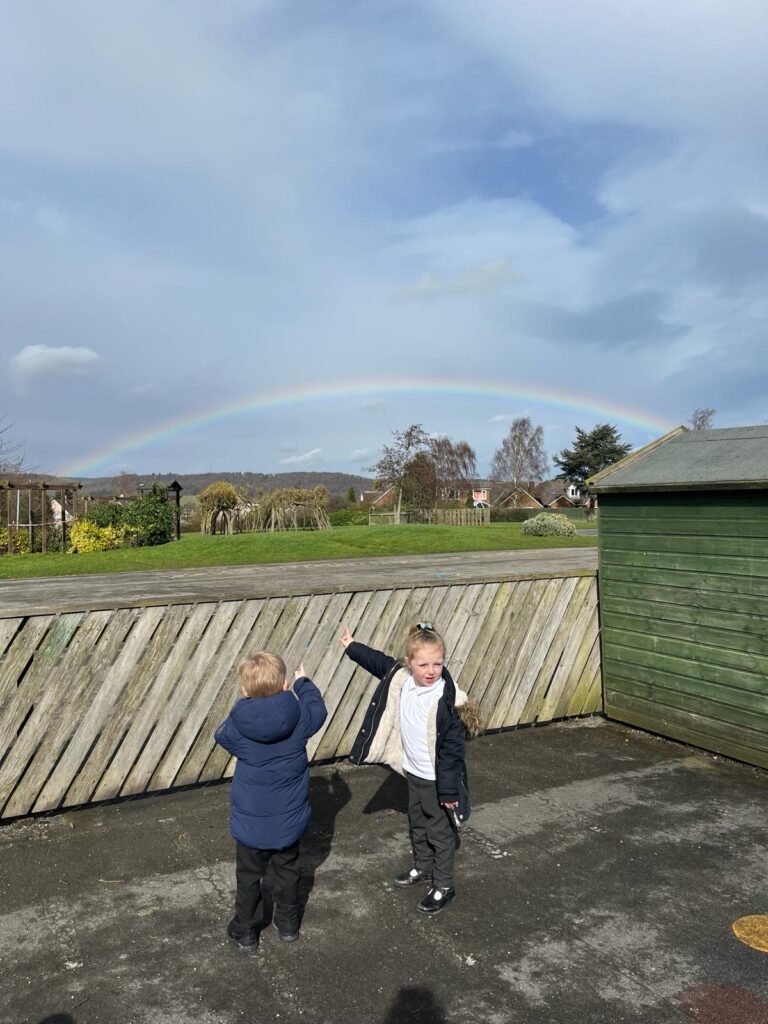
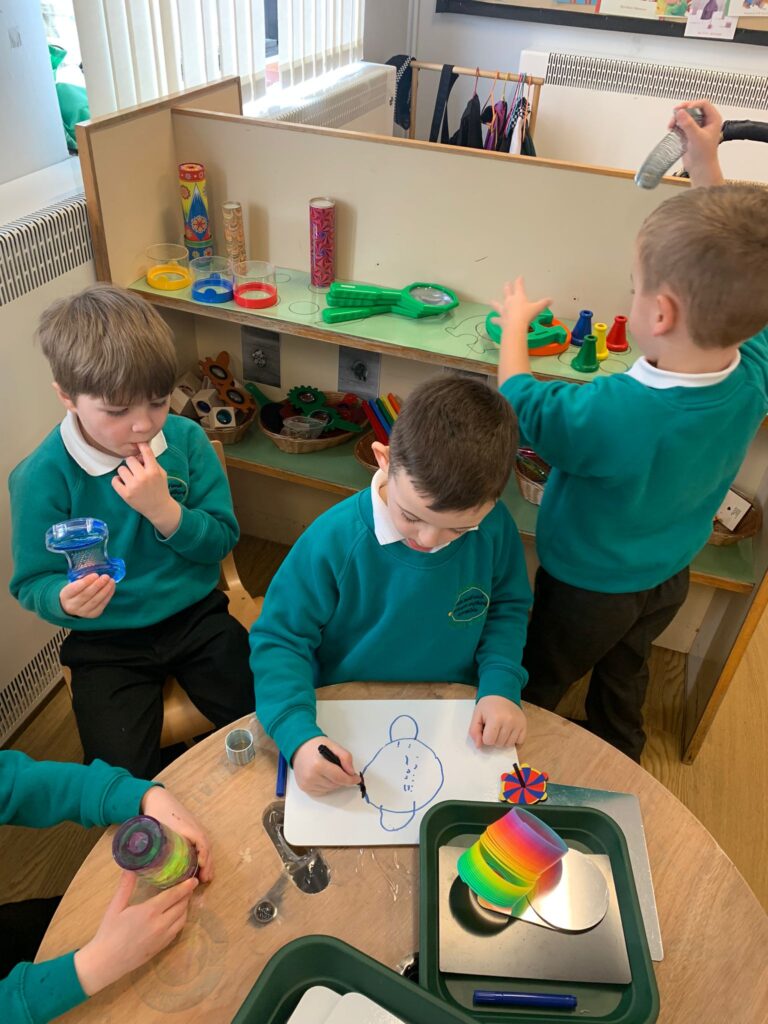
Impact
This is how we measure the effectiveness of our teaching and learning. From the point of starting school, we monitor and assess the progress of each learner in the key areas outlined above. When children achieve the national good level of development (GLD) at the end of the Reception year they are considered well prepared for the next phase of their learning and can access the National Curriculum from the beginning of Year One.
Through careful monitoring during EYFS we can plan and provide appropriate support and intervention for children who need additional support in a key area/s to help them close gaps in learning. We work alongside parents and caregivers, speech therapists and SEND professionals to identify need and support for children with additional needs. We run several intervention programmes called BLAST across both Nursery and Reception to support language and communication development. We also support gross and fine motor skills with Squiggle Whilst You Wiggle as well as pencil grip and cutting skills. Phonics, number and early reading skills are also part of our regular intervention support.
We pride ourselves on ensuring that every child, regardless of their starting point, disadvantage or SEND receive the best support possible to make progress through targeted support. Children in EYFS are encouraged to see themselves as capable, independent and valued for their effort.



